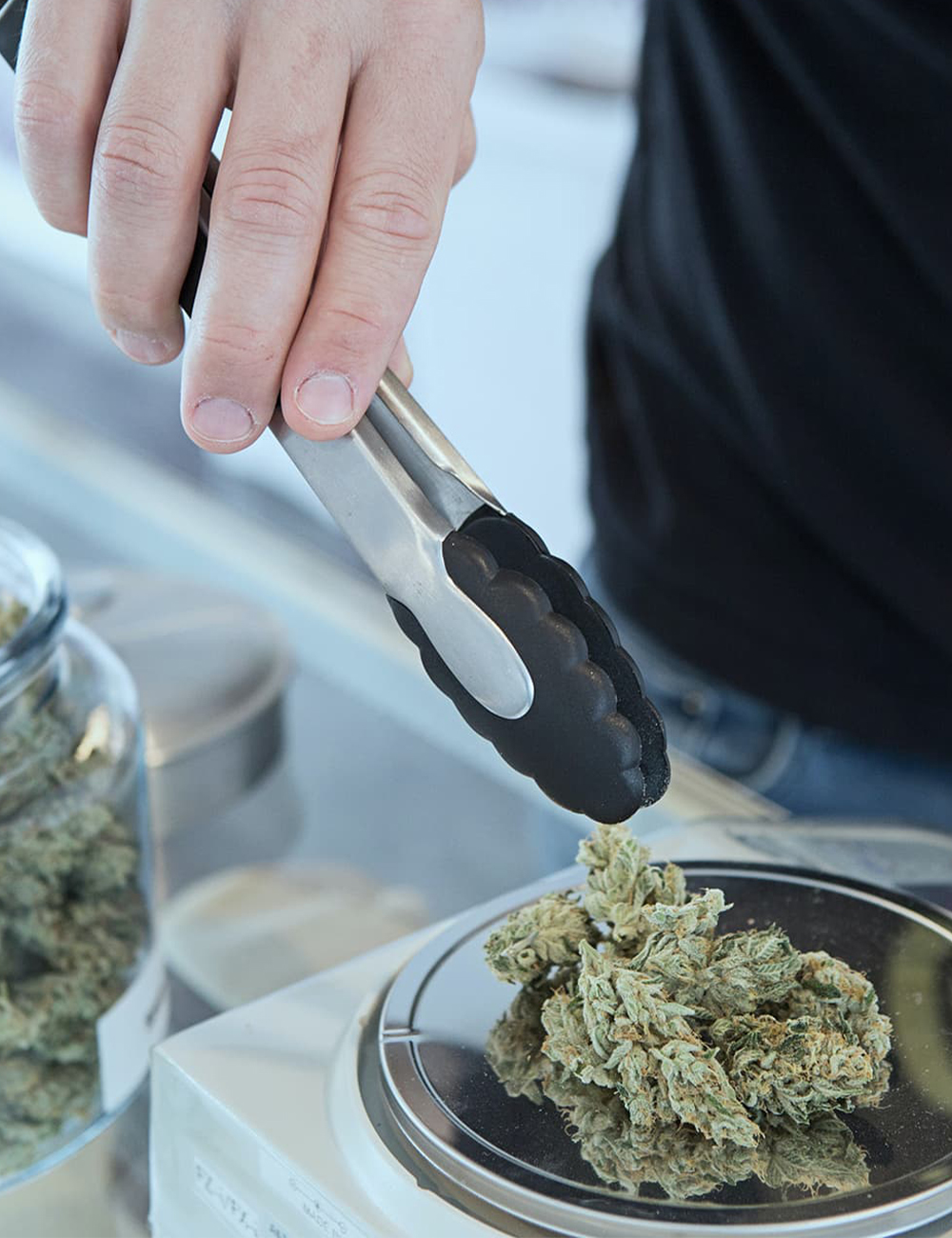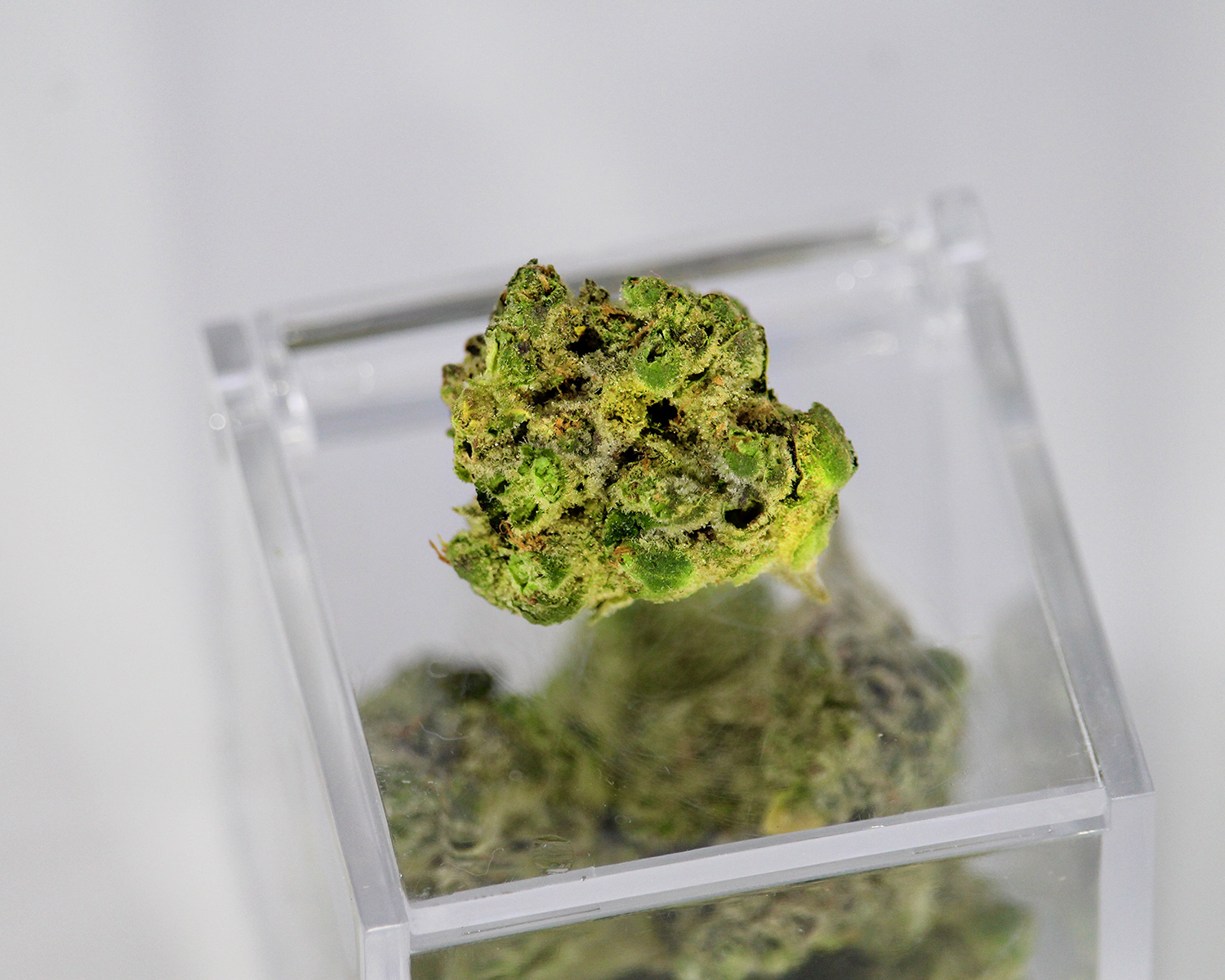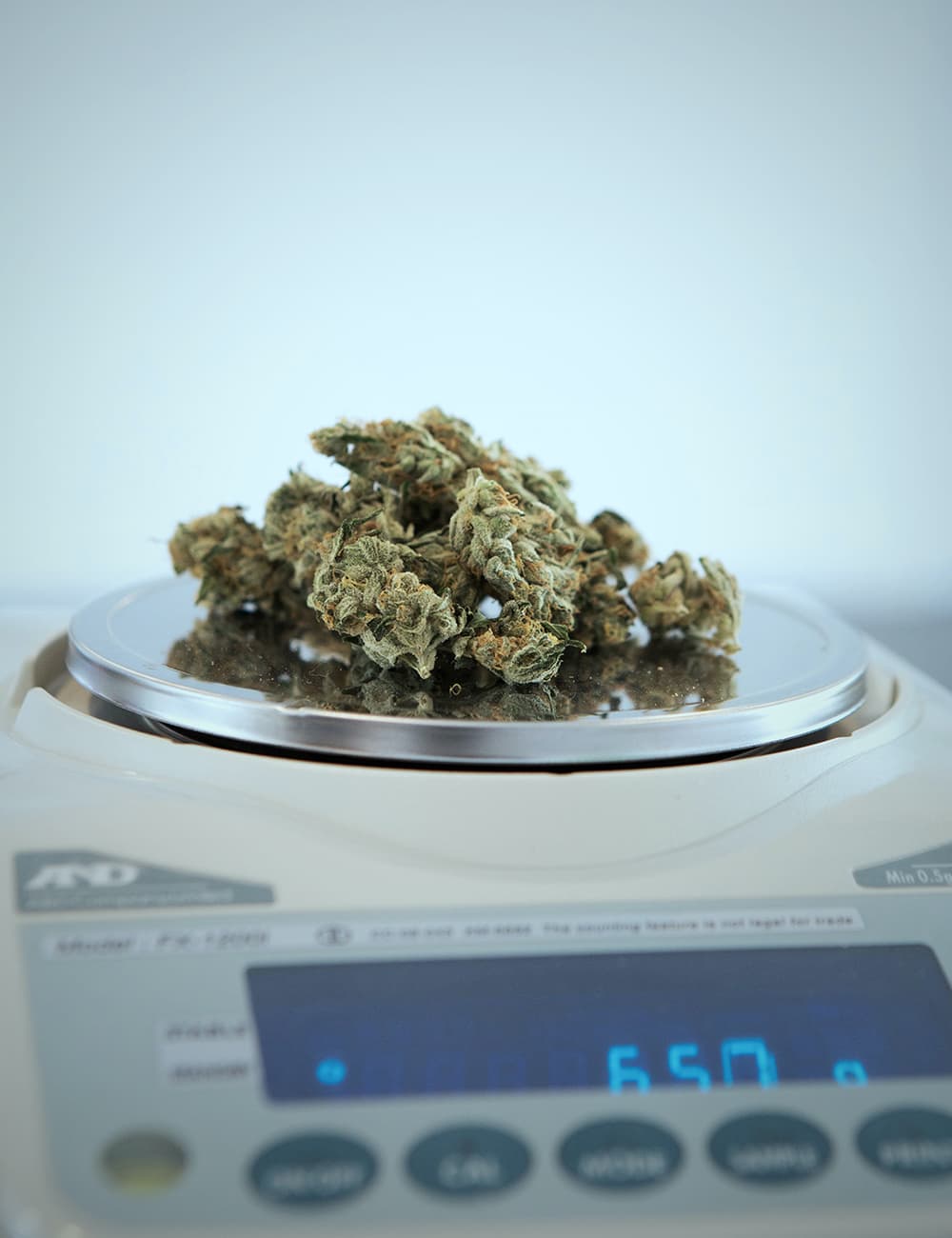
The cannabis plant and all parts of the plant are classified as narcotics and are subject to the Narcotics ActI and the Narcotics Prescription Regulation.

The cannabis plant and all parts of the plant are classified as narcotics and are subject to the Narcotics Act and the Narcotics Prescription Regulation.
Since the 'Cannabis Law' of 2017, physicians of all specialties (except dentists) can prescribe cannabis-derived medicines to their patients with serious medical conditions. This includes medicinal cannabis flowers, cannabis extracts or cannabis-based medicines such as dronabinol.
Since then, patients insured by the statutory health insurance (SHI) have a legal right to reimbursement of the costs of therapy with medicinal cannabis and the supply of medicinal cannabis if certain conditions are met.
Application for cost coverage
Prior to the first prescription of medical cannabis, approval must be obtained from the patient's responsible SHI. Treatment can only begin once approval has been granted. Otherwise, patients must pay for the therapy costs themselves.


In order to be eligible for reimbursement by the statutory insurance companies, the following must not be available
In addition, there must be a not entirely remote prospect of a noticeable positive effect on the course of the disease as a whole or on individual symptoms, each of which is serious.[1]
For example, cannabis may be prescribed in the context of chemotherapy for severe pain and chemotherapy-induced nausea and vomiting. Although the course of the disease is not directly influenced, accompanying symptoms are alleviated. This gives patients back a certain amount of quality of life.
The attending physician is responsible for the therapy and weighs up possible side effects against the expected effects, taking into account the patients clinical picture and existing therapy.


The application for cost coverage must be submitted to the health insurance company by the patients themselves. However, the content of the application for reimbursement should be prepared jointly with the physician. The following documents should be provided by:
Medical statement
Statement of the patient
The probability of approval can be additionally increased by the following documents: Collection of relevant physician reports, discharge letters, complaint diaries, etc.
The SHI has set the following deadlines for reviewing the request for reimbursement:
In general, narcotics purchased on a doctor's prescription may be exported and imported in quantities appropriate for the duration of the trip. The respective narcotics may only be carried by the patient himself. Carriage by authorized persons is not permitted.
For a trip within the states of the Schengen Agreement, medical cannabis may be carried for a period of up to 30 days. This regulation applies only if the patient is a citizen of a state party to the Schengen Agreement.
To travel, you need the "Certificate for carrying narcotics in the context of medical treatment" according to Article 75 of the Schengen Implementing Convention. This certificate must be completed by the attending physician prior to travel and must be certified by the competent health office. The form and a list of the competent authorities can be found on the website of the Federal Opium Agency of the BfArM www.bfarm.de under the category "Travel with narcotics".
When traveling to countries outside the Schengen Agreement, there are no internationally harmonized regulations for taking narcotics with you. Therefore, the Federal Opium Agency advises to follow the guidelines of the International Narcotics Control Board (INCB - Guidance for Travellers). In accordance with the guidelines, a multilingual certificate issued by the prescribing physician should be carried along with a detailed list of the active substance, the corresponding individual and daily dose, as well as the duration of the trip. This certificate must also be certified by the competent supreme state health authority or a body appointed by it and, according to the guideline, is permissible for a maximum travel duration of 30 days. There are no universal requirements for the form of this certificate. A sample can be found on the website of the Federal Opium Agency of the BfArM www.bfarm.de under the category "Travel with narcotics".
The legal situation in the respective country of travel must be clarified individually before departure, as additional import permits may be required or the transport of narcotics may be prohibited.
For current recommendations on traveling with narcotics, please check the respective specifications and information of the BfArM and the International Narcotics Control Board.


1 § 31 Absatz 6 SGB V